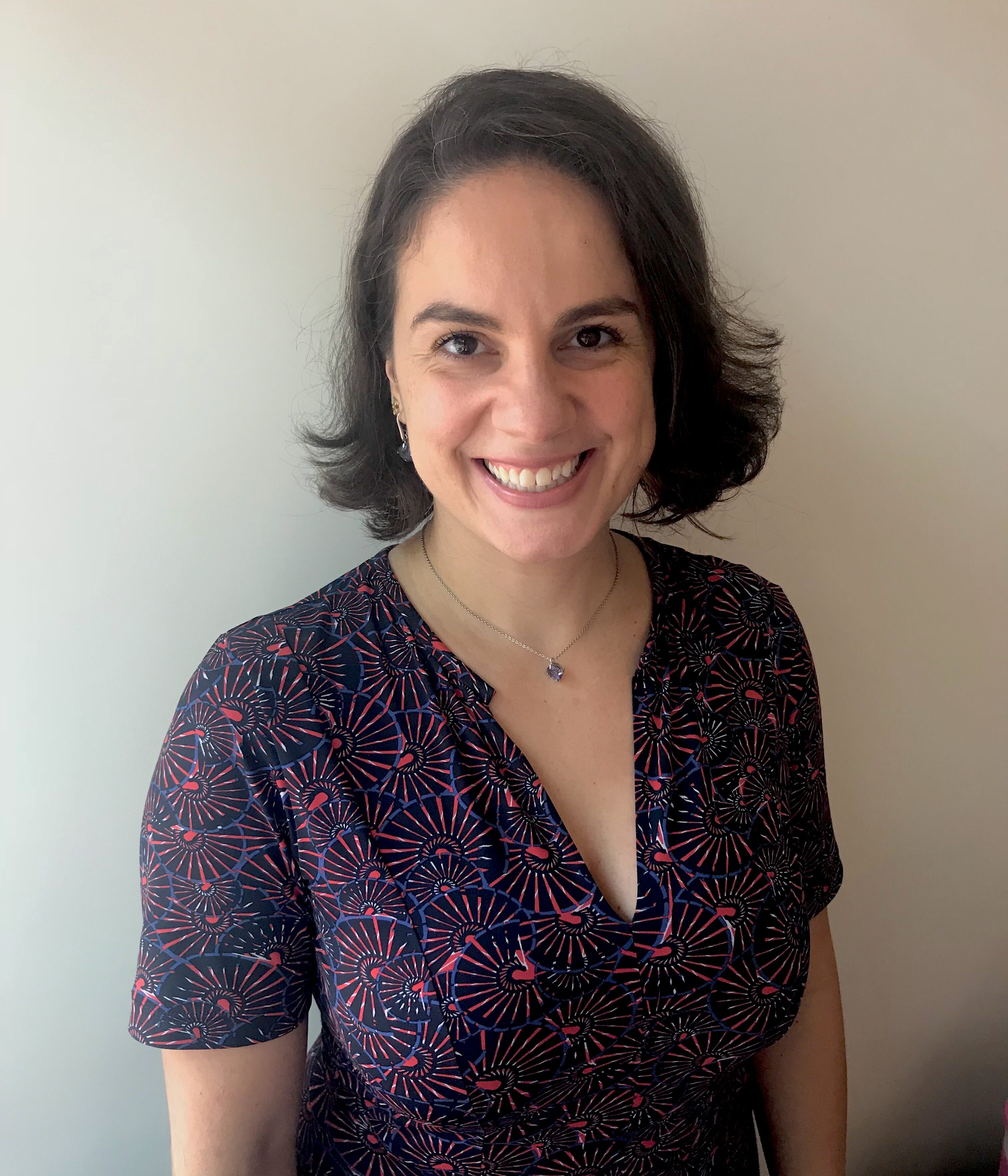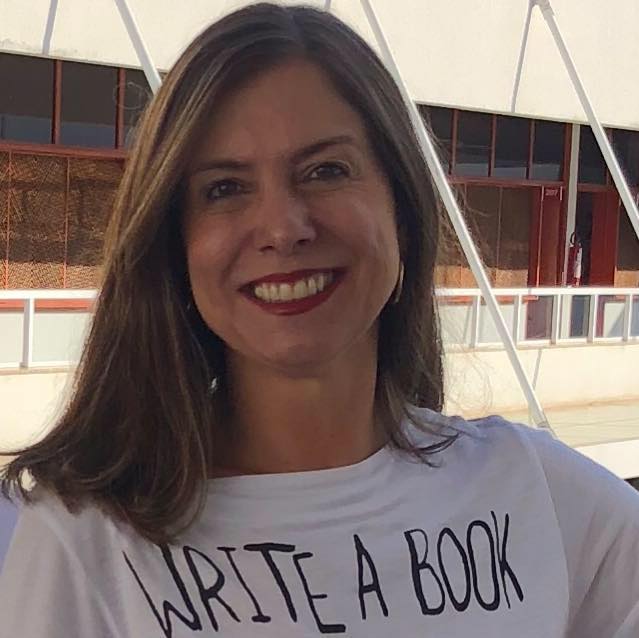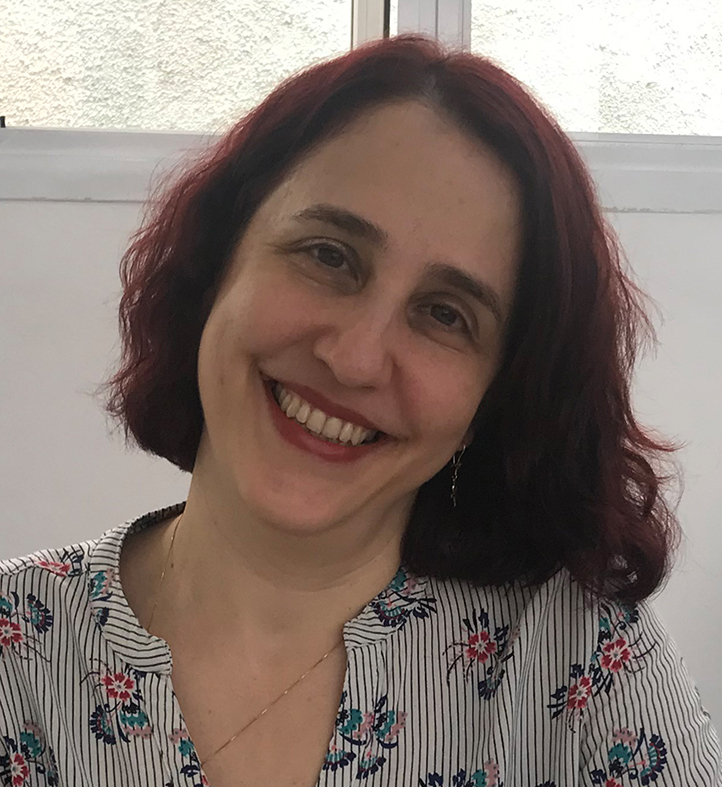Will teachers be replaced by technology?
Exactly twenty years ago, doing research on the use of technology in language learning for my first MA, one of the questions I was often asked was the one on the title. Teachers, publishers, learners seemed to have various theories on how, when, why technology would or not replace teachers. The concern seems to be as current as ever among professionals and stakeholders. Science fiction, often represented by the cinema masterpiece Blade Runner, highlights the possibilities of what experts can bring to life. In this post I will discuss some of the reasons why I believe technology will not replace teachers in the world we know.
The first point I would like to make is that I truly believe anyone can learn (a language or other subjects) with or without a teacher. Sugata Mitra was both acclaimed and criticised for having recently shown that learners can develop on their own, triggered by curiosity and supporting one another. From that perspective, it is natural that a learner seeking opportunities will be able to learn using online tools, videos, audio files, books or any other apparatus. Notice that I have include books to claim that this has always been true, regardless of contemporary learning technology. That means we have always been capable of dropping teachers and will always be, if that is the goal.
Having said that, it is important to state that I also believe in the power of mediation (Feuerstein and Feuerstein, 1991) and interaction (Vygotsky, 1986) to increase the learning potential. In that sense, the role of the teacher may be essential in that they are aware of the impact that their questions, types of activities, grouping can have on the learning process. This is the first reason why I believe teachers cannot be replaced by machines – we could teach a machine to provoke thinking, trigger development, but it seems that it would still be fed by a human mind.
Another core argument is that the greatest advances by humankind have hardly ever been achieved by a single person, even though there has always been a leader/ representative to point out. I believe one of the greatest examples was Thomas Edison, accountable for a great number of inventions that were only possible because he had a support team working with him. To make it a little lighter, Sheldon’s finale speech was exactly about (indirect) collaboration to personal achievements. With all that in mind, I strongly believe that education is the key to disrupting the individualistic thought that seems to prevail in some parts of the world. Teachers have the power to help learners develop not only language knowledge, but the power to use language to effectively collaborate with diverse groups, to empathise with people who are completely different and to understand other cultures.
Also, machines and books can display information, but not necessarily help learners use them appropriately. In language learning, you may acquire vocabulary, structures, even register, but lack the subtlety of chosing what to use or avoid when responding to deeply emotional situations, for instance. Or how to combine body language with words. These can be listed on a book or a website, but the precision of the information on screen or paper does not seem to approach the messy decision making process of the human mind. Teachers can then contribute to maximising experiences in using the language in situations they will be relevant for human interactions throughout life. It may be deeply philosophical, but then again, being human is unique and not yet immitated by machines.
In conclusion, I do believe that in English language teaching professionals who favour long explanations holding the teacher as the source of information will eventually seize to exist. These can easily be replaced by machines that contain a lot more information than the teacher. However, those professionals who trigger reflection, mediate interaction, understand emotions, provoke linguistic growth, contribute to the critical reading of the information learners easily access through books and machines will be crucial to maximise learning.
References
Feuerstein, R. & Feuerstein, S. (1991). ‘Mediated learning experience: A theoretical review’ In Feuerstein, R., Klein, P.S. & Tannenbaum, A.J. Mediated learning experience: Theoretical, psychological and learning implications. London: Freund Publishing House.
Vygotsky, L. (1986). Thought and language (rev.). Cambridge: MIT Press.




